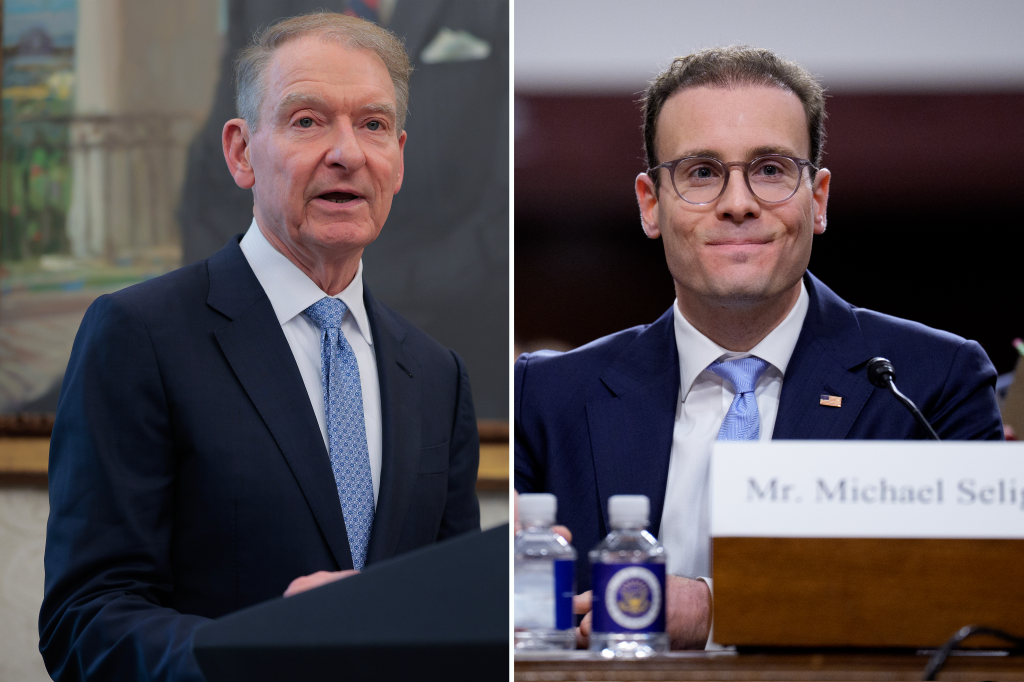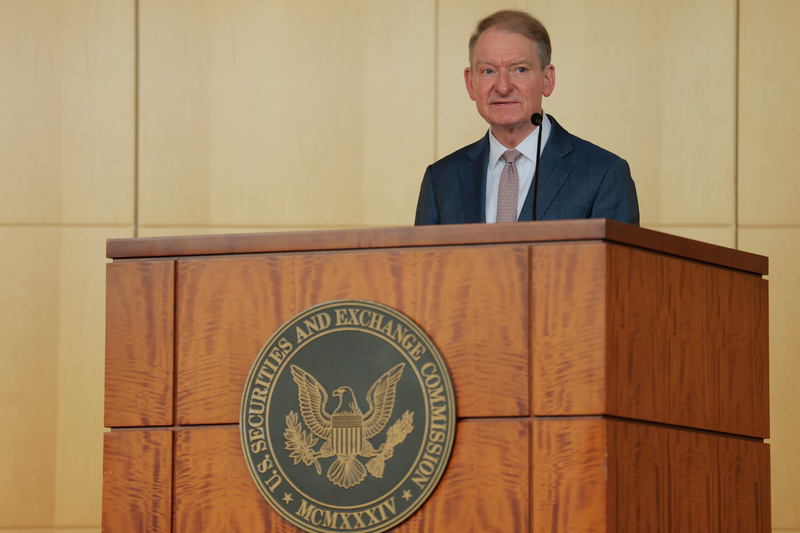The Department of Government Efficiency’s (DOGE) influence on federal financial regulators has coincided with what appears to be a higher than usual intensity of enforcement action.
Since February, more than 75,000 federal employees have exited under voluntary separation programs. The SEC has already acknowledged a 16% workforce reduction in early 2025.
Yet
Register for free to keep reading
To continue reading this article and unlock full access to GRIP, register now. You’ll enjoy free access to all content until our subscription service launches in early 2026.
- Unlimited access to industry insights
- Stay on top of key rules and regulatory changes with our Rules Navigator
- Ad-free experience with no distractions
- Regular podcasts from trusted external experts
- Fresh compliance and regulatory content every day













